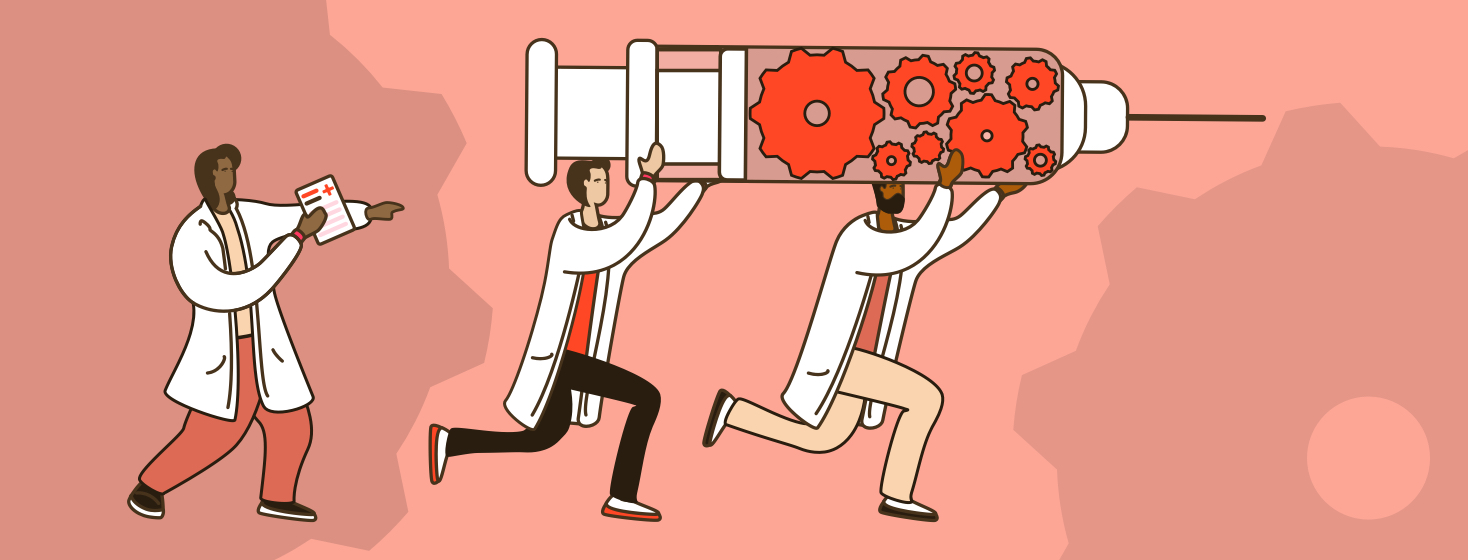What an MS Cure Looks Like to Me
I remember in childhood seeing the word “cure” used in all kinds of fundraising efforts, including sponsorships and telethons. While raising lots of money, these charities — even the most reliable and trustworthy can’t use every donated cent toward a cure.
Nonprofits require lots of money just to operate; only a portion of funds actually benefit research. Meanwhile, people need treatment now, which may explain why more treatments than cures exist. Because there’s only so much money and capacity for research.
An MS cure - Knowing the why and how
The word cure is widely used as a term defining the goal of medical research, not only for multiple sclerosis (MS), but for all diseases and disorders. In the case of MS, its root cause remains a mystery. But without knowing the whys and hows, researchers mostly can’t pursue a cure.
Don’t get me wrong. I support nonprofits actively serving the MS community. I rely on the National MS Society for reliable information and guidance on policy decisions, for instance. Also, sales of my new book, Intention Tremor, raise money to benefit the Accelerated Cure Project (ACP).
Both of these foundations accelerate MS research through expedited data collection and sponsor the patient-forward iConquerMS community, which actively influences healthcare policymaking.
Asking myself all the right questions
While I would love to see a cure for MS, I’m unsure it’s ever the chief focus of most foundations or research organizations, let alone if it's even possible. Meanwhile, some describe this search for a cure in ways that don’t look, to me, like a cure at all.
Which begs the question: What does an MS cure look like to me?
Is "cure" even the right word?
Consider this: We can’t cure a common cold. But the common cold is self-limiting; it “cures” itself by being short-lived. Does it need a cure? Not really. What we need are patience and effective symptom treatments, like decongestants and pain relievers.
But MS is hardly the common cold. Comparing apples to apples, let’s look at type 1 diabetes (T1D) instead of the common cold. There’s no cure for T1D, though treatments allow someone to manage it for the entirety of their lives. Of course, as they say, “your mileage may vary" but there isn’t a cure.
This makes it similar to MS. We also treat it to manage disease course and symptoms but no cure.
Is it realistic?
I don’t know. We don’t have cures for any chronic autoimmune conditions or even cancer. So, what are researchers doing if they’re not finding cures?
A lot! They’re developing treatments that slow this disease down or halt progression. They’re also developing therapies to treat symptoms that complicate daily life, such as pain, dysfunction, fatigue. Treatments and therapies aren’t cures, but they’re significantly beneficial.
Given this reality check, I’ve asked myself: If I don’t think there’s a cure for MS, then what should I or any of us hope for?
A look at remyelination
Now, this gets me excited. Remyelination describes the process of healing MS-related nerve damage in order to restore function. Myelin repair also protects against further damage, reducing both progression and disability.
According to remyelination researcher, Dr. Nick Cunniffe, remyelination is “a therapy that might be able to enhance the repair process and allow recovery of some function.” The research he’s participated in focused on the drug, bexarotene has shown remyelination to be possible.1
This promises to be a miraculous boon for people with progressive, severe MS. If someone unable to walk could suddenly regain the use of their legs, this reversal, while not a cure, would bring lift-altering improvement. Other substances showing the potential capacity to remyelinate include opicinumab (anti-LINGO-1), metformin, clemastine, and nanocrystalline gold.1
Is prevention possible?
For people with MS, it’s too late for prevention. We’ve already got MS and must manage it for the rest of our lives. But disease prevention removes the need for a cure. If we could prevent MS through a vaccine, wouldn’t you want it to be available?
In January 2021, BioNTech paired with Pfizer to develop their COVID-19 vaccine and reported a new MS vaccine they’ve built using the same mRNA technology.2 They successfully encoded MS-specific autoantigens that stopped MS symptoms and, in some cases, prevented further progression in laboratory mice carrying the animal version of MS (EAE).2
While not a cure, an MS vaccine using mRNA technology seems, like remyelination, to be nearly as good as one.
Rethinking what this actually means
I’m curious if others have different ideas about cures. Am I the only one who feels like we’ve been “close to a cure” for decades? The only one who thinks that maybe we need to rethink what that promise should actually mean?
I don’t think I'm alone. Still, please let me know what you think, as I’m curious what the word “cure” means to you.

Join the conversation